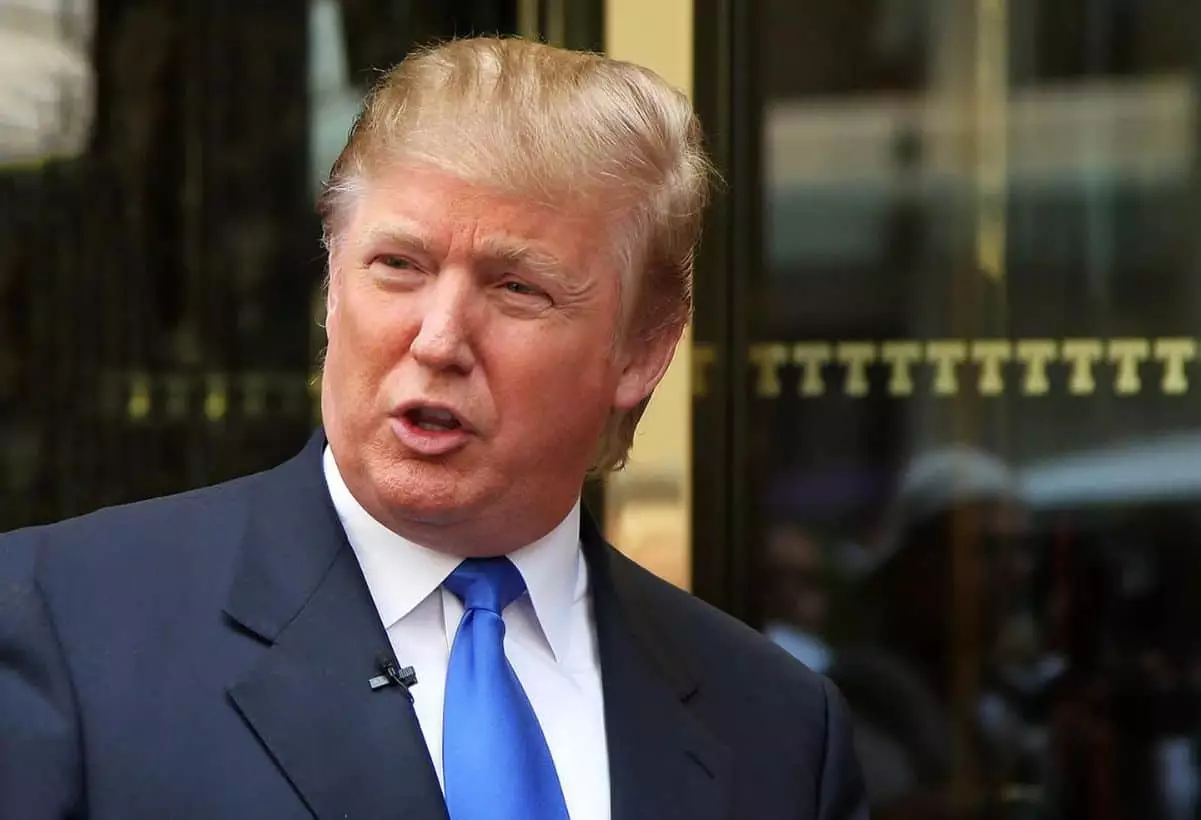In recent years, the intertwining of political dynasties with emerging financial markets has cast a shadow on the integrity and stability of the economic landscape. The latest developments reveal a not-so-subtle push by the Trump-affiliated circle into the cryptocurrency arena, an arena characterized by volatility, lack of regulation, and susceptibility to manipulation. This move, cloaked in the language of strategic expansion and technological innovation, masks deeper concerns rooted in political leverage and financial risk. The initiative by Thumzup Media Corporation to bolster its digital asset treasury underscores a broader pattern of power consolidation, where political influence and financial interests become inextricably linked, risking the integrity of free markets and investor security.
Cryptocurrency as a Political Tool and Wealth Amplifier
Dark clouds loom over the sincerity of these crypto investments, especially when they are tied to a family with long-standing political ambitions. The fact that Donald Trump Jr. has publicly disclosed a sizable stake—equivalent to over three million dollars—raises unsettling questions about political motivations and potential conflicts of interest. Are these investments purely commercial endeavors, or are they strategic tools designed to strengthen influence, create overlapping spheres of economic and political power, or even prepare for future leverage on a national scale? The purchased assets, ranging from Bitcoin to stablecoins, seem less like diversified investment strategies and more like a carefully curated portfolio aimed at future political and financial dominance within the digital economy.
The Illusion of Innovation Masking Risk and Greed
While headlines tout the company’s plans to hold and invest hundreds of millions in cryptocurrencies, the reality is fraught with danger. Cryptocurrency markets are notoriously unpredictable, often driven by hype, manipulation, and short-term speculation. Thumzup’s ambition to hold up to $250 million—a significant quantity—feels less like a prudent expansion and more like an endorsement of a volatile, unregulated asset class. Such reckless accumulation, especially by a publicly traded company with political roots, risks plunging investors into perilous waters. The narrative of “transformative growth” conveniently glosses over the inherent risks of decentralization, cybersecurity vulnerabilities, and potential regulatory crackdowns that could wipe out substantial portions of their holdings overnight.
The Troubling Intersection of Corporate and Political Power
Beyond individual company holdings, the broader picture reveals a disturbing pattern of political figures and their affiliated entities amassing crypto assets to insulate themselves from traditional mechanisms of power. The Trump family’s extensive network—spanning social media platforms, DeFi ventures, and meme tokens—demonstrates a strategic effort to wield influence across digital ecosystems. The sheer scale of holdings, from thousands of BTC to meme tokens with market caps rivaling some nations’ economies, suggests an attempt to create a parallel financial universe. This universe, under the guise of innovation, threatens to undermine accountability, erode regulatory frameworks, and deepen elite entrenchment.
The Long-Term Implications: Stability or Catalyst for Chaos?
The political implications are equally stark. When influential figures leverage the unregulated and highly volatile crypto sphere, they risk not only their financial stature but also broader societal stability. These investments could serve as a form of clandestine funding, bypassing traditional oversight and enabling clandestine influence operations. Moreover, should these assets suddenly devalue, the repercussions could ripple through markets, destabilizing investor confidence and highlighting the fragility of the entire digital economy. As the lines blur between political ambition and financial greed, the specter of market manipulation and systemic risk grows ever larger.
In preponderance, these developments beg a critical question: are we witnessing the birth of a new political-financial oligarchy, or are we on the cusp of a devastating collapse driven by reckless ambition and unchecked power? The strategy to coat this confluence with the words “innovation” and “growth” should hardly distract us from the urgency of oversight, accountability, and caution. The risks embedded within this web of influence threaten to overshadow the potential benefits of blockchain and crypto if left unregulated and unchecked. Without decisive action, the peril is that these powerful, politically connected entities could accelerate a destabilizing cycle—transforming economic enthusiasm into disastrous chaos.

